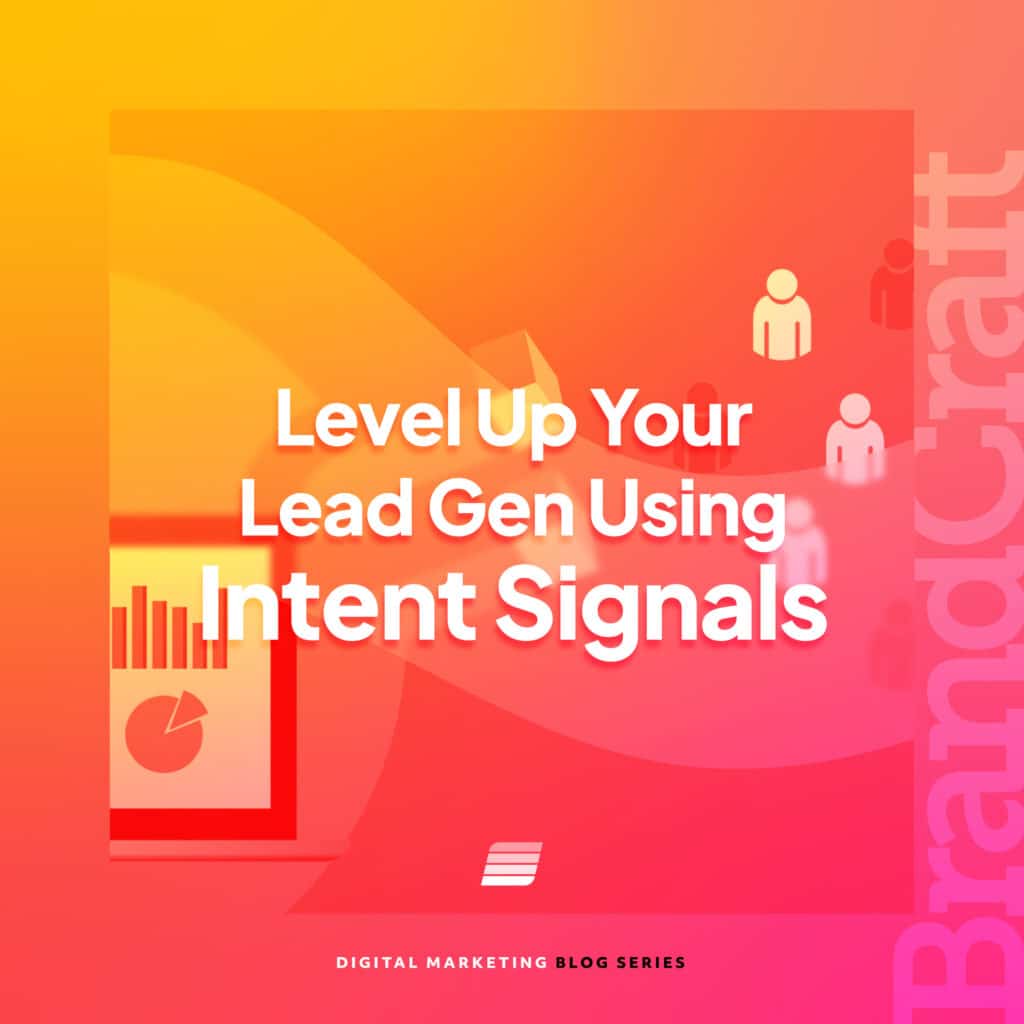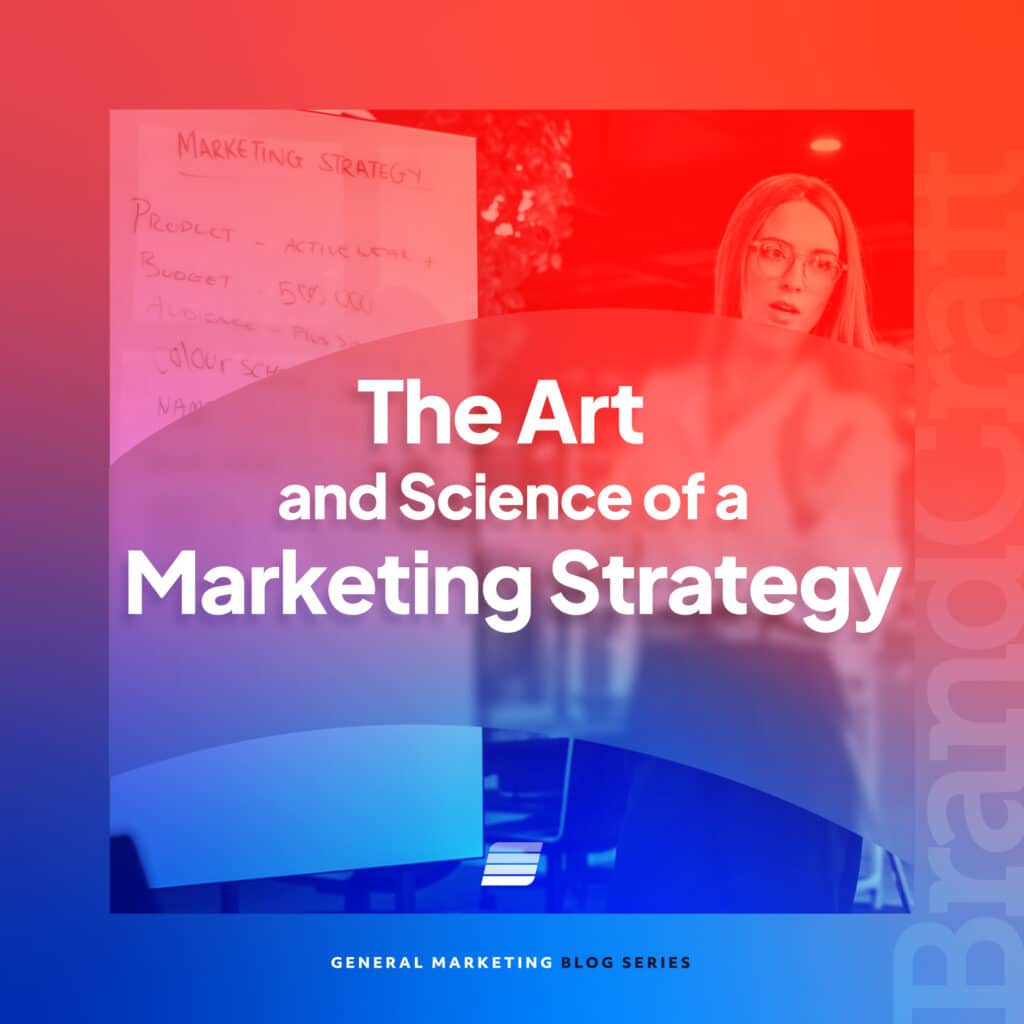Leveraging Emotional Intelligence to Navigate Rapid Growth in the Workplace
August 2, 2022

The importance of hard skills vs. soft skills has long been debated. In the current business climate, the argument for softer skills like emotional intelligence is picking up steam. Hence why empathy is now widely considered the most important leadership skill.
Angst due to lack of control over the variables around us (such as pandemics and aftereffects) can make even the healthiest work environment difficult to navigate. These dynamics have become even more nuanced with the onset of remote and hybrid work settings which present their own set of interaction challenges and communication needs.
Emotional intelligence skills can help you take some control back and more effectively manage through phases of growth and change. Let’s break that down a bit further.
What is emotional intelligence?
Emotional intelligence is best described as: “the ability to recognize, manage, and understand emotions. This includes the ability to recognize, interpret, and regulate your own emotions as well as those of other people.”
As outlined by Daniel Goleman, the key characteristics of emotional intelligence include:
- Self-awareness: recognize your emotions and identify the root or trigger.
- Self-regulation: pause and reflect on your emotions to avoid reacting in the moment.
- Empathy: relate to others by understanding their position and being open to their perspective.
- Motivation: foster fulfillment internally through a commitment to learning, growing, and positive outcomes.
- Social skills: effectively communicate, relate, and find common ground.
According to Psychology Today, “the emotionally intelligent are able to shift gears and lighten the mood, both internally and externally.” This ability positively impacts both their personal and professional lives.
Why is it relevant in the workplace?
“Decades of research now point to emotional intelligence as being the critical factor that sets star performers apart from the rest of the pack. The connection is so strong that 90% of top performers have high emotional intelligence.”
Other key stats include:
- People with high emotional intelligence earn an average of $29,000 more per year.
- A Gallup study found that employees with managers with high emotional intelligence were 4 times less likely to leave than those who had managers with low emotional intelligence.
- A study by PepsiCo revealed that managers with high emotional intelligence outperformed yearly revenue targets by 15-20% compared to those with low emotional intelligence who underperformed in the same range.
- Global demand for emotional intelligence skills is set to increase by 6x in the next 3-5 years.
High emotional intelligence in the workplace positively impacts all aspects of the environment and the work. Teams with strong emotional intelligence skills are more effective at communication and collaboration, and thus more productive and fulfilled. Additionally, this leads to strong workplace culture.
How does it help with rapid growth?
Organizational growth or change can be overwhelming and difficult to process. While scalable processes and procedures can help to reduce drains on efficiency, emotional intelligence is pivotal to sustaining and growing the organization.
For leaders within the organization, an emotionally intelligent team can better navigate the uncertainty of high growth and change periods. Positive impact on the organization can include:
- Increased employee retention, a stabilizing force amidst rapid change.
- Enhanced ability to adjust to scaling and infuse a growth mindset across the team.
- Stronger communication and collaboration, avoiding siloes between departments and within teams.
Emotional intelligence is not just relevant for current and aspiring leaders. All team members benefit from emotional intelligence skills, particularly in times of change or disruption. Advantages can include:
- Reduced stress and angst by remaining calm under pressure.
- Increased positivity and satisfaction by focusing on what you can control (your emotions) and how it affects you.
- Strengthened relationships with peers and colleagues by making you more relatable and able to relate.
What can we do to increase or improve emotional intelligence?
Some have a natural inclination towards emotional intelligence, but most of us have to work to find a balance between technical expertise and soft skills. Here are a few suggestions to get you started:
As employees at all levels:
- Give yourself time to reflect before you respond – control your emotions, don’t let them control you. This is helpful both internally with team members as well as externally with clients or vendors.
- Approach feedback with an open mind. Focus on listening and processing without reacting or defending.
- Be straightforward when presenting feedback to others, proceeding with empathy and mindfulness.
As leaders:
- Listen more, speak less. Suppress the urge to immediately act or decide. Instead give your team time to share their thoughts and feeling and a resolution may emerge naturally.
- Infuse optimism & mindfulness in your reactions. Rejoice in the wins. Share in the disappointment over undesirable outcomes but do so constructively and with a positive outcome in mind, such as key learnings or experiences gained in the process.
- Ask for feedback and be open to hearing it. Engaging at this level might be difficult at the start but establishing comfortability with candor can open the door to much more enlightening insights and affect real change.
If you want to take it to the next level, seek formal training or coaching. Many training platforms offer courses on emotional intelligence so if your company has one that’s a great place to start. Or check out a specialized coaching and training program such as TalentSmartEQ.
In Summary
Like so many great duos, soft skills like emotional intelligence and hard skills like IQ are better together. They combine to create a well-rounded team of strong individual performers working toward shared goals. With the workplace becoming increasingly more diverse and varied, emotional intelligence skills are more valuable now than ever.







